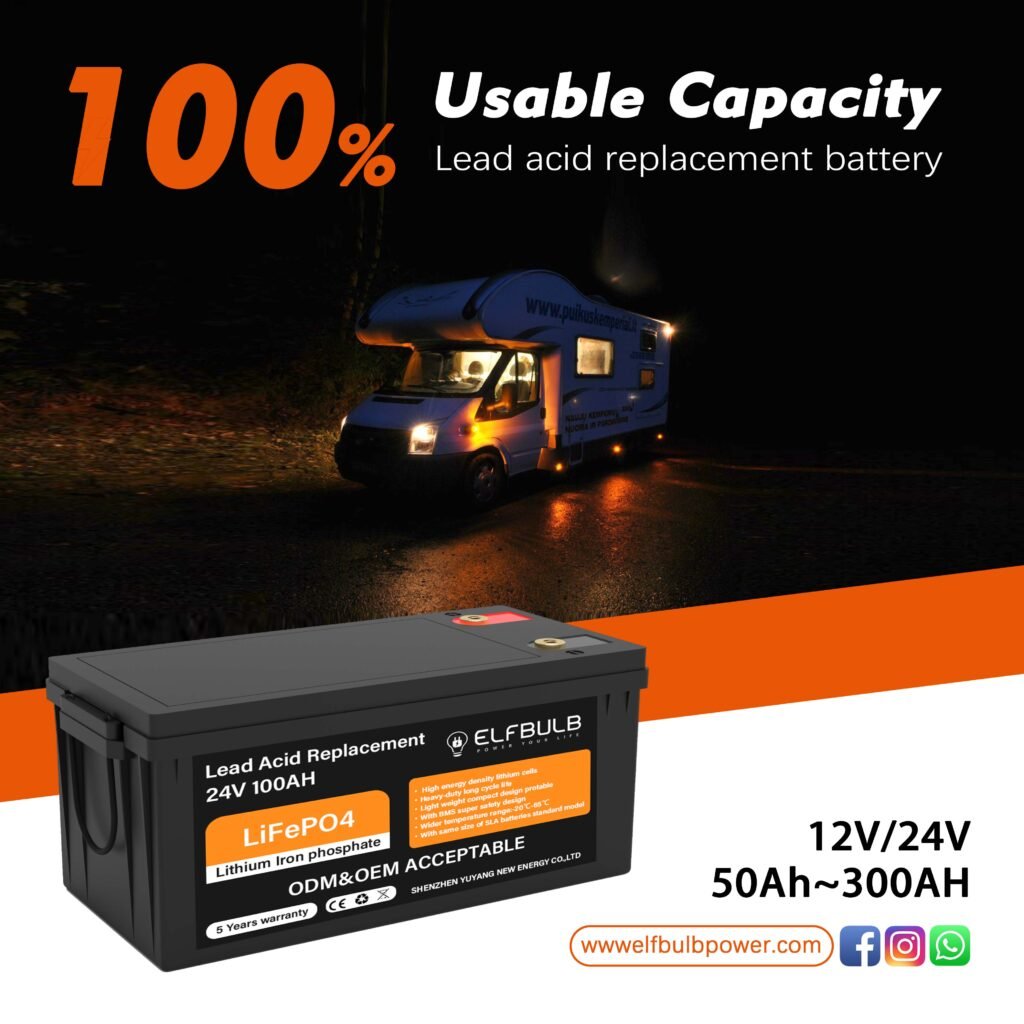1.What is the difference in voltage output?
48V lithium battery: The voltage output of 48V lithium battery is 48 volts. This makes it excellent in some high-power scenarios, such as electric vehicles and industrial equipment.
12V lithium battery : The voltage output of a 12V battery system is 12 volts. This voltage is suitable for many low-power scenarios such as cars, motorcycles, and household appliances.
2.What are the differences in battery composition?
48V lithium battery: A 48V lithium battery usually consists of 15 3.2V lithium battery cells, which are connected in series to achieve the required voltage.
12V lithium battery: 12V batteries usually use lead-to-lithium batteries. These batteries are composed of four 3.2V battery cells to achieve 12.8v.

3.What are the differences in application fields?
48V lithium battery:
(1)Electric vehicles: 48V lithium batteries are widely used in electric vehicles because of their high energy density and long life.
(2)Industrial equipment: 48V lithium batteries are used to drive industrial robots, forklifts and other equipment.
(3)Solar energy storage system: 48V lithium battery is used to store energy generated by solar power.
12V lithium battery:
(1)Low Power Equipment: 12V battery systems are the standard power source for low power equipment, used to start engines and power vehicle electronics.
(2)Home Electronics: 12V battery systems are used in UPS (Uninterruptible Power Supply) and other low power devices.

Summary
48V lithium batteries are suitable for high power applications, while 12V battery systems are suitable for low power applications.
When selecting a battery, factors such as voltage, capacity, load requirements, application areas, quality and cost need to be considered.


